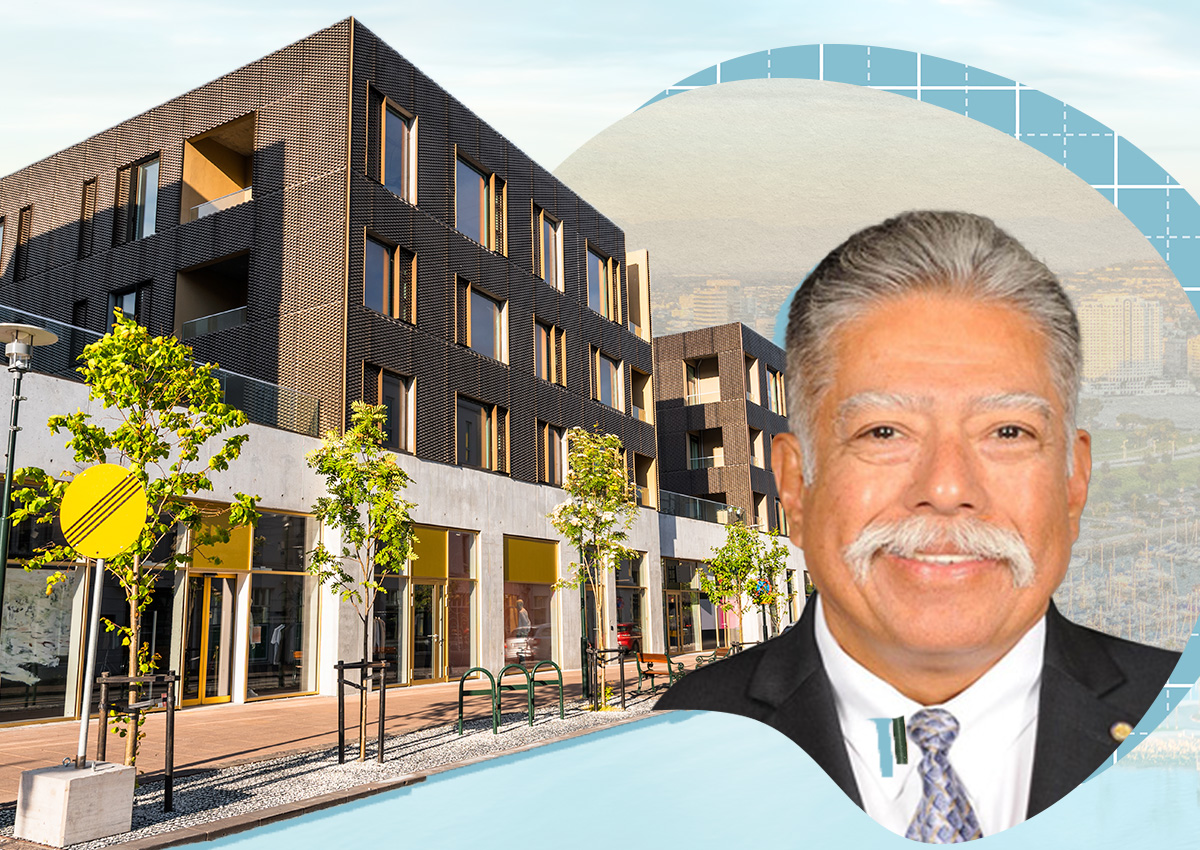Long Beach wants to build housing — and fast.
For that reason, the state has admitted the coastal city to its Prohousing Designation Program, giving it easier access to state funding to build more homes, the Long Beach Press-Telegram reported
California wants to create 2.5 million new homes by 2030, including plans by Long Beach to find room for 26,500 units.
Official “pro-housing” cities such as Long Beach that fast-track housing production to help achieve the statewide goal qualify for various benefits, including money from a $26 million state grant fund. They can also get a bump in scoring when the state selects additional grants.
Such grants include up to $50 million from the state’s Affordable Housing & Sustainable Communities program.
The grants, handed out through a Transformative Climate Communities fund, can help pay for development and infrastructure projects that provide health and environmental benefits to disadvantaged neighborhoods.
“This recognition illustrates that our city is doing things right when it comes to taking on the challenge of increasing housing production, especially affordable housing,” Mayor Rex Richardson said in a statement.
Long Beach was specifically recognized for its “Zone In” initiative, which revamps zoning rules across the city to shape neighborhoods to community needs.
In 2020, two corridors in North Long Beach were rezoned as part of the plan. A new master plan for development in Southeast Long Beach also went into effect.
The City Council also recently approved a new zoning code for two major commercial corridors in West Long Beach, and work on similar efforts are currently underway in Central Long Beach, the Downtown and waterfront areas, and Bixby Knolls.
In addition, the state lauded Long Beach’s effort to streamline the building of accessory dwelling units, or granny flats. In May, the city’s Development Services Department launched pre-approved ADU designs to shorten construction time and cut fees.
A pending ordinance in Long Beach would further simplify city regulations for ADU construction. Another would align city rules for development on single-family lots with state Senate Bill 9, a new law that permits single-family homeowners to split their lots into duplexes.
— Dana Bartholomew
Read more



